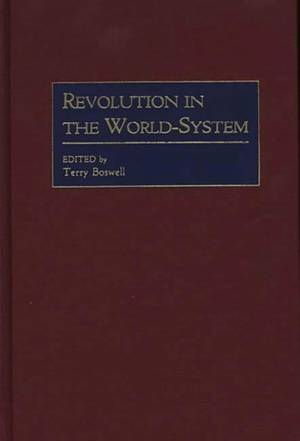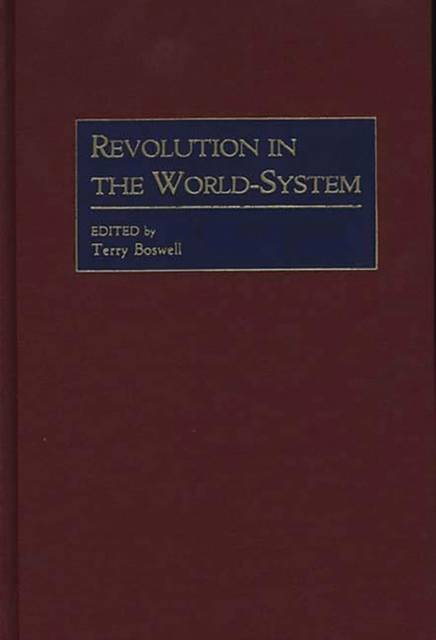
Je cadeautjes zeker op tijd in huis hebben voor de feestdagen? Kom langs in onze winkels en vind het perfecte geschenk!
- Afhalen na 1 uur in een winkel met voorraad
- Gratis thuislevering in België vanaf € 30
- Ruim aanbod met 7 miljoen producten
Je cadeautjes zeker op tijd in huis hebben voor de feestdagen? Kom langs in onze winkels en vind het perfecte geschenk!
- Afhalen na 1 uur in een winkel met voorraad
- Gratis thuislevering in België vanaf € 30
- Ruim aanbod met 7 miljoen producten
Zoeken
Omschrijving
Seventy-one of the 168 member nations of the UN were rocked by insurgency during the past decade. Among the most overwhelming of the conflicts were full-scale civil and separatist wars in Afghanistan, Angola, Cambodia, El Salvador, Ethiopia, Indonesia, Mozambique, Peru, the Philippines, Somalia, and the Sudan. In light of the fact that major civil wars also occurred in 21 independent countries during the 1970s, 13 countries during the 1960s, and 14 countries during the 1950s, it seems clear that the current prevalence of revolutions world-wide reflects a growing trend in world affairs.
This volume grew out of the twelfth annual Political Economy of the World-System Conference, War and Revolution, held at Emory University. It consists of entirely original research from a variety of perspectives and disciplines and provides world- systematic, comparative historical and case study analyses of revolutions and the prolonged development of structural dynamics and political processes that give rise to these upheavals. The contributors emphasize the importance of viewing revolution from a global perspective with careful attention to the political and cultural dimensions as well as the economic factors involved. Following an introduction by editor Terry Boswell, the work is divided into four sections: world revolutions, comparative studies of revolution, case studies of social revolution in Nicaragua and Iran, and case studies of revolutionary situations in Poland, Chile, and South Africa. An afterword by former U.S. President Jimmy Carter completes the volume. This work provides an important interdisciplinary perspective on intranational strife in the modern world, and will be useful in college and university courses in political science, world affairs, history, and sociology.Specificaties
Betrokkenen
- Auteur(s):
- Uitgeverij:
Inhoud
- Aantal bladzijden:
- 253
- Taal:
- Engels
- Reeks:
- Reeksnummer:
- nr. 94
Eigenschappen
- Productcode (EAN):
- 9780313267260
- Verschijningsdatum:
- 25/07/1989
- Uitvoering:
- Hardcover
- Formaat:
- Genaaid
- Afmetingen:
- 156 mm x 234 mm
- Gewicht:
- 539 g

Alleen bij Standaard Boekhandel
+ 322 punten op je klantenkaart van Standaard Boekhandel
Beoordelingen
We publiceren alleen reviews die voldoen aan de voorwaarden voor reviews. Bekijk onze voorwaarden voor reviews.









